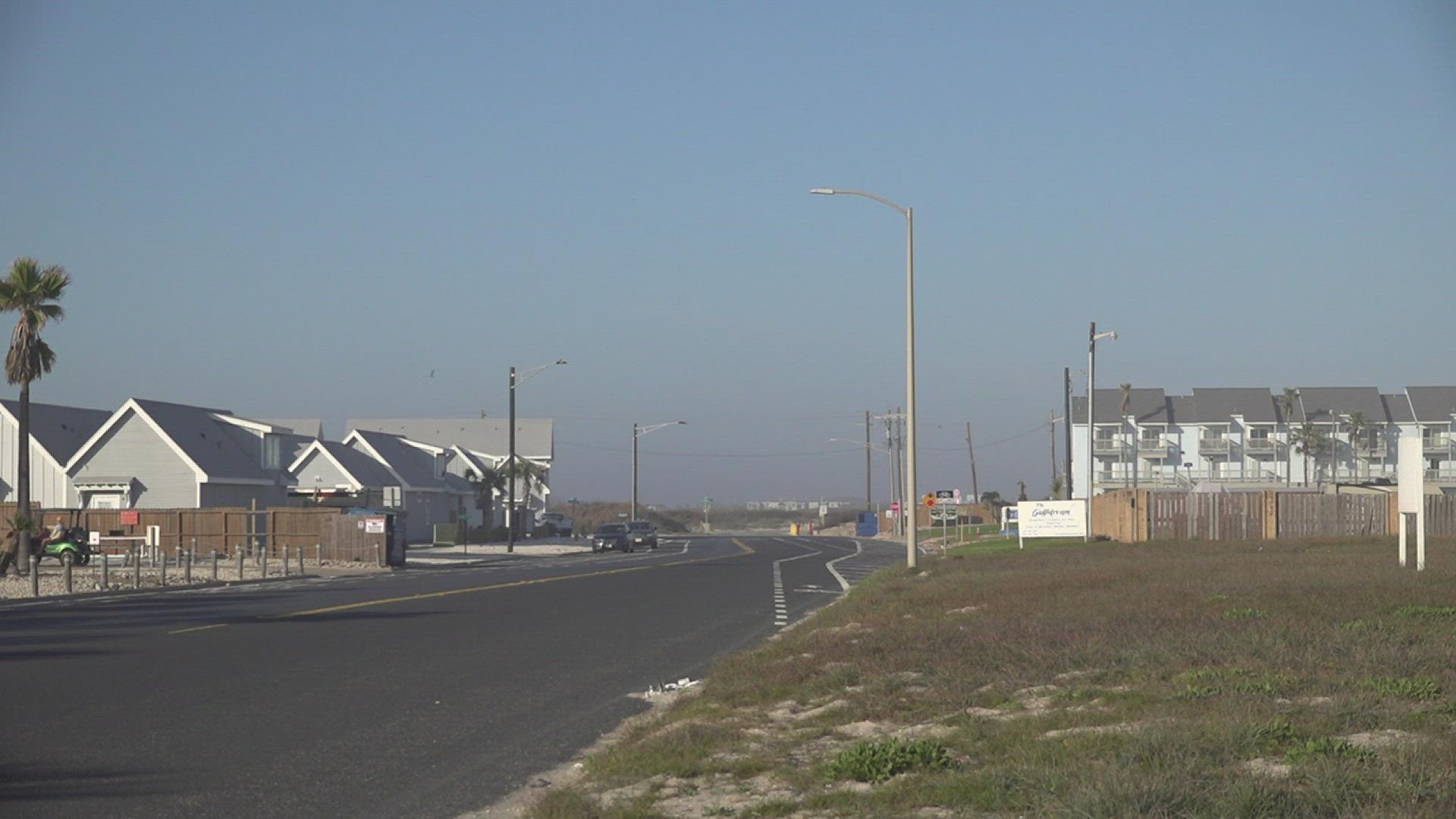CORPUS CHRISTI, Texas — Editor's note: This story has been updated to reflect that the $250 fee short-term rental owners collect is different from the Hotel Occupancy Tax (HOT) and funds enforcement of the STR ordinance.
Thousands of applications are in for short-term rentals, but some residents are still not following the City of Corpus Christi's new ordinance.
With Spring Break fast approaching, the city is stepping up efforts to enforce permits for short-term rentals. An ordinance was adopted in July 2022, allowing the city to make sure everyone is following their guidelines.
Corpus Christi Director of Planning Daniel McGinn said the ordinance is necessary in making sure residents are being considerate of those around them.
"It allows the city to kind of monitor and know where those places are when we do get the complaints," he said. "Not everyone is behaving the way they should in all cases, for the most part they do. But it's good for the city to know where those are."
Many of the rental properties are located on Padre Island, and that's no surprise considering the proximity to the water and abundance of properties on the beachfront.
"Having kind of this ordinance in place, these regulations help us better protect those neighborhoods and better protect the visitors that come to our community," he said.
So what qualifies as a short-term rental?
According to the city ordinance, it's defined as more than 12 hours and less than 30 days. Spring Break and summer are the peak times for the rentals to be available.
Newly elected Dist. 4 City Councilman Dan Suckley said his district has the most short-term rentals across Padre Island and Flour Bluff.
Permits must be renewed yearly, and cost $250. That fee is used by the city of Corpus Christi for management and enforcement of the ordinance. Suckley said 52 people are currently non-compliant with the new ordinance, meaning they are looking at a $500 citation and a day in Corpus Christi Municipal Court.
"It's just really communication and everybody understanding what the expectation is and hopefully everybody compiling with it," he said.
He said Hotel Occupancy Taxes -- known as HOT -- collected from short-term rentals help raise money for future tourism and economic development.
"To go back into marketing, to support Visit Corpus Christi and other endeavors to bring more people to our community to help build, you know, and economic driver for our area," he said.
Suckley said if there is an issue with a short-term rental, residents can reach out to the city via 311 to resolve it.

